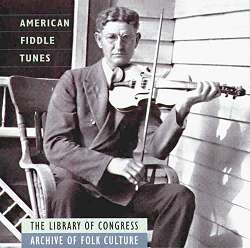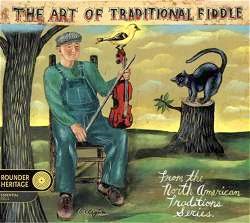Re: Recorded period music
I am an outsider peaking into this thread at the last minute, but I think I can somewhat echo my fellow colleague Mr. Marten's words. The point that we are all actively participating in keeping a music tradition alive is what matters!
However you want to participate in that style is a personal preference. The more authentic the better for this forum and our hobby, but if you are doing it for your own enjoyment, then play it as you will.
I play electric jigs and reels on a 12 string rickenbacker, but does that mean I would I do that for civil war living history? HECK NO!! Make the musical shifts and adjustments when necessary.
The important thing is that the tradition survives, and traditions need to grow as well. Keep your ears open as musicians and eyes wide as historians, and I think the musical aspect of this hobby will continue to thrive, grow, and most importantly survive for future generations.
I am an outsider peaking into this thread at the last minute, but I think I can somewhat echo my fellow colleague Mr. Marten's words. The point that we are all actively participating in keeping a music tradition alive is what matters!
However you want to participate in that style is a personal preference. The more authentic the better for this forum and our hobby, but if you are doing it for your own enjoyment, then play it as you will.
I play electric jigs and reels on a 12 string rickenbacker, but does that mean I would I do that for civil war living history? HECK NO!! Make the musical shifts and adjustments when necessary.
The important thing is that the tradition survives, and traditions need to grow as well. Keep your ears open as musicians and eyes wide as historians, and I think the musical aspect of this hobby will continue to thrive, grow, and most importantly survive for future generations.







Comment